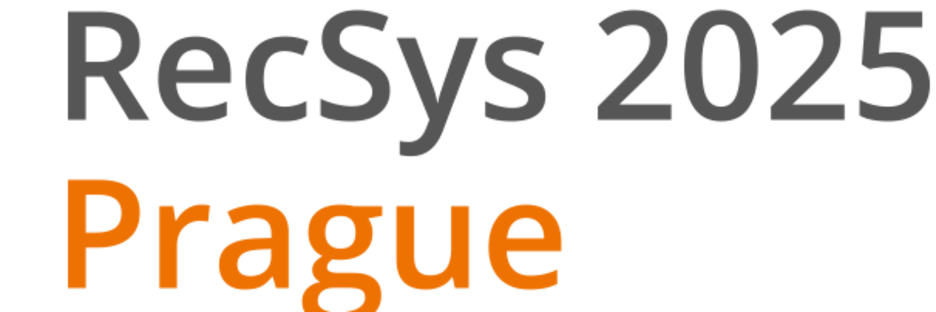We are a (still) young and growing institute with innovative projects and motivated young researchers. The focus of our research and teaching is on Artificial Intelligence and Machine Learning. We develop and study computational models and algorithms that permit computers to perceive and 'understand' aspects of the external world, where we interpret 'perception' in the widest sense of the word, as the extraction of useful high-level information and knowledge from complex, possibly low-level data (audio, video, image, text, sensor data, and user-item interaction data).
This requires fundamental and applied research on AI, machine learning, pattern recognition, text / data / social media mining, signal processing, statistical data modeling and classification.
Our current research has a particular focus on intelligent audio and music processing. In particular, we are among the leading research groups worldwide in the fields of Music Information Research (MIR), Sound and Music Computing (SMC), and Acoustic Scene & Event Recognition (DCASE). Further research topics include image processing, biometrics, cryptography, and personalization.
Embedded within the Institute of Computational Perception, the Multimedia Mining and Search (MMS) and Human-centered Artificial Intelligence (HCAI), opens an external URL in a new window groups particularly target the research topics of Recommender Systems (RS), Information Retrieval (IR), Natural Language Processing (NLP), and Affective Computing, with a strong focus on ethical considerations (e.g., aspects of fairness, explainability, and trustworthiness of AI technology).
Our goal is to offer state-of-the-art research and teaching in this area, and to provide a teaching environment that permits students to get involved in real research projects as early as possible.
If you want to visit us: we have offices both in Linz and in Vienna (see box to the right).

Address
Johannes Kepler Universität Linz
Altenberger Straße 69
4040 Linz
Location
Science Park 3, 4th floor (Linz)
Wiesingerstr. 4, 2nd floor (1010 Vienna)
Biberstraße 11/14, 4th floor (1010 Vienna)
OFFICE HOURS - ADMINISTRATION
Monday-Thursday: 7.30 AM - 3:00 PM
Phone
+43 732 2468 4700 (Linz)
+43 664 602468478 (Vienna)
News & Events
Talk at the Austrian Cultural Forum Cairo
with Gerhard Widmer
Con Espressione! AI and the Human Essence in Music
Three Awards for CP-Researchers at DCASE Workshop 2024
We’re happy to announce that Jonathan Greif received the Best Student Paper Award for his paper “Improving Query-by-Vocal Imitation with Contrastive Learning and Audio Pre-Training” at the DCASE Workshop 2024. Additionally, our research team received two Judges’ Awards for their submissions to the “Sound Event Detection” and “Language-Based Audio Retrieval” tasks of the IEEE AASP DCASE Challenge 2024.

Markus Schedl to co-organize the most important conference on recommender systems: ACM Recommender Systems 2025.
Prof. Markus Schedl will co-organize the 19th ACM Conference on Recommender Systems (RecSys 2025), the leading international event dedicated to advancing research, systems, and techniques in recommender systems. Taking place in Prague, Czech Republic, from September 22–26, 2025, RecSys 2025 will bring together top researchers, industry experts, and practitioners to explore the latest trends and challenges in the field. Markus Schedl, alongside co-organizers Maria Bielikova and Pavel Kordik, aims to foster an inclusive and accessible environment for meaningful discussions and collaboration.

Special Issue on Trustworthy Recommender Systems, co-edited by Markus Schedl, has been published in the ACM Transactions on Recommender Systems
The paper Introduction to the Special Issue on Trustworthy Recommender System, with co-editor Prof. Markus Schedl has been published in the ACM Transactions on Recommender
Systems.
 Go to JKU Homepage
Go to JKU Homepage


